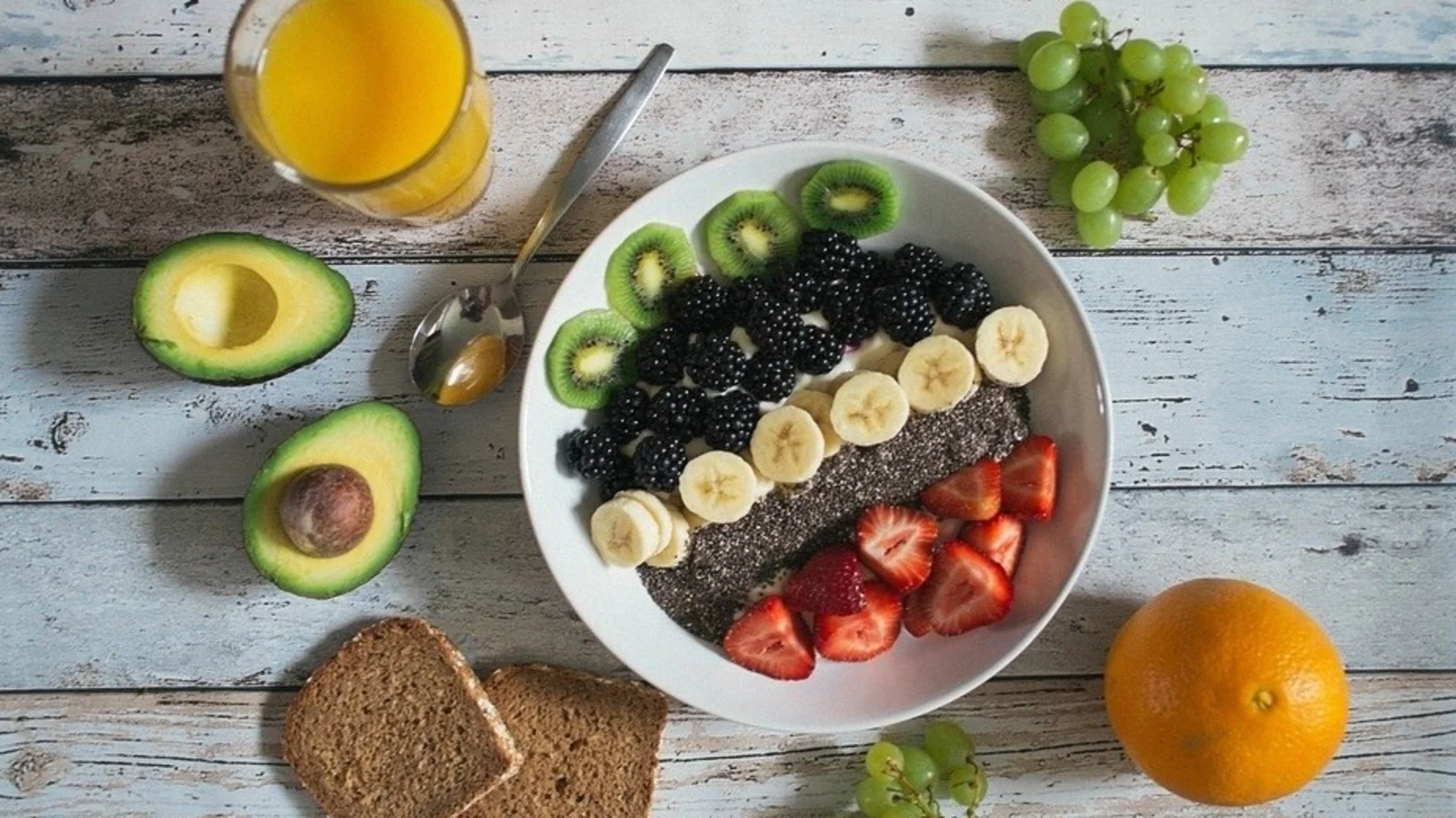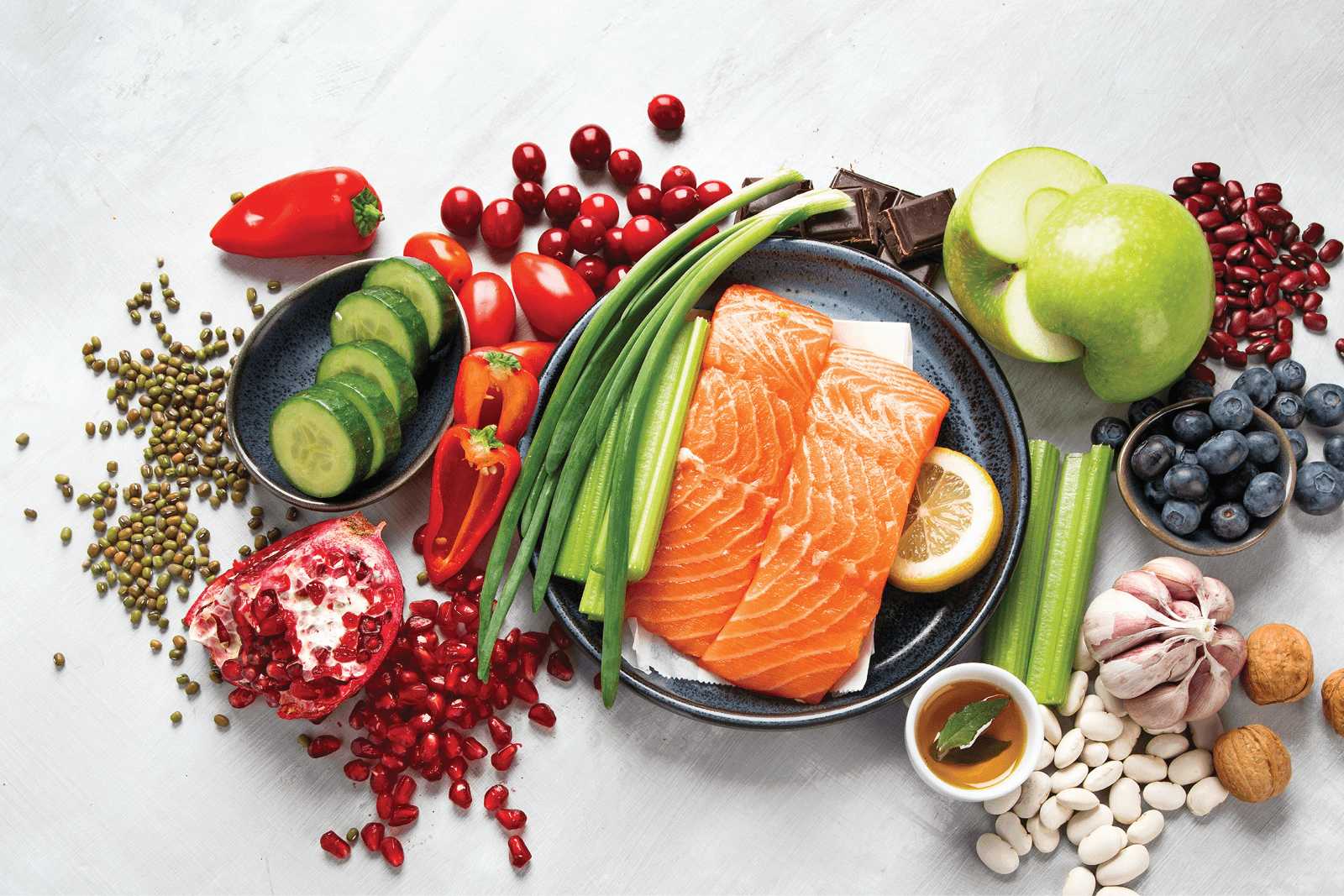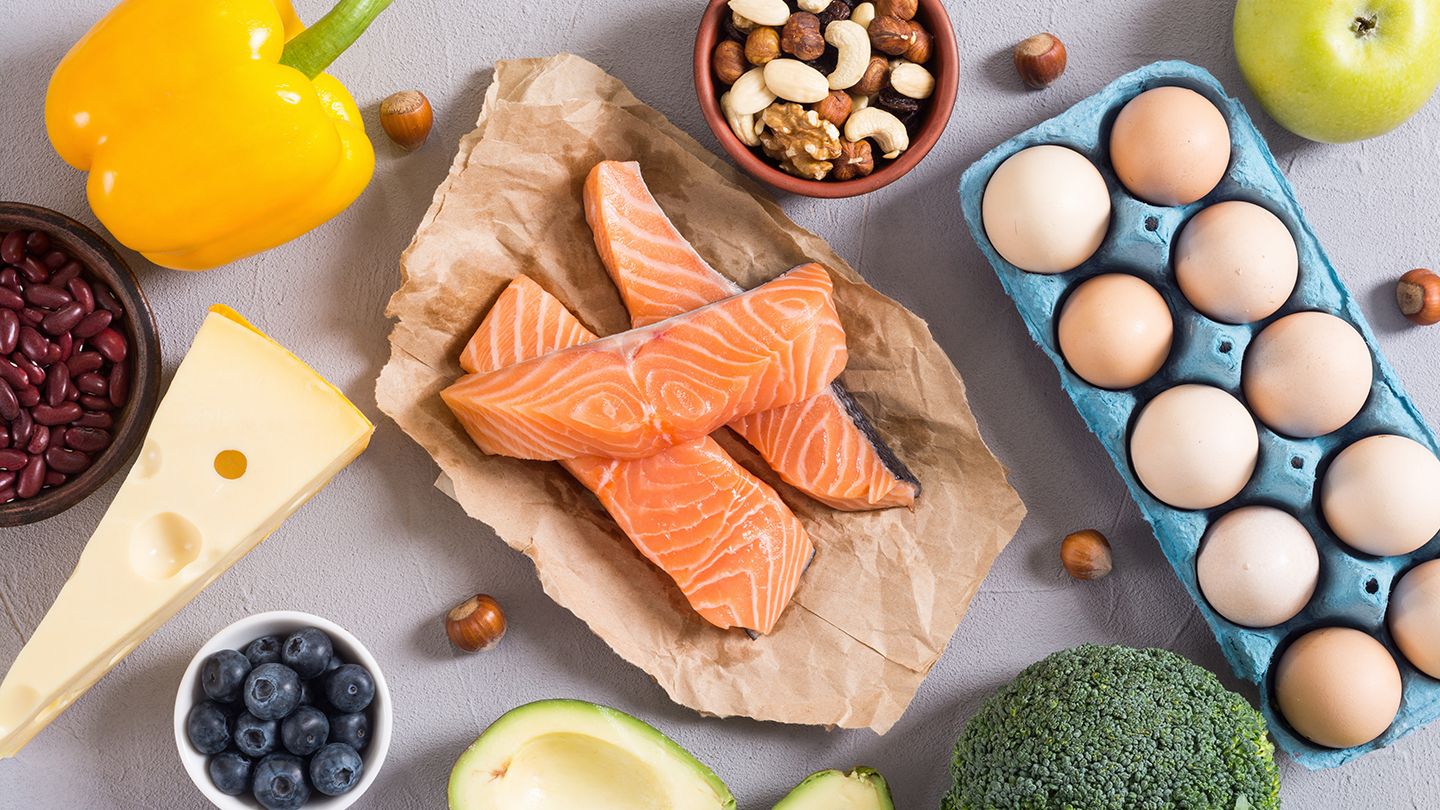The liver is a vital organ that plays a central role in maintaining our overall health and well-being. Responsible for detoxification, metabolism, and nutrient storage, a healthy liver is essential for optimal bodily functions. One of the most effective ways to support and promote liver health is through a well-balanced and nutritious diet. In this comprehensive guide, we’ll explore the best foods that contribute to a healthy liver, helping you make informed choices to nourish your body and safeguard this crucial organ.
Understanding the Importance of Liver Health
Before delving into the specific foods that benefit the liver, it’s essential to grasp the critical functions that this organ performs.
Key Functions of the Liver:
- Detoxification: The liver filters toxins and harmful substances from the blood, converting them into less harmful compounds that can be excreted.
- Metabolism: It plays a central role in the metabolism of nutrients, including carbohydrates, proteins, and fats.
- Storage: The liver stores essential nutrients like vitamins and minerals, releasing them when needed for various bodily functions.
- Synthesis: It produces proteins necessary for blood clotting and other physiological processes.
The Best Foods for Liver Health
1. Fatty Fish
Fatty fish such as salmon, mackerel, and sardines are rich in omega-3 fatty acids. These essential fats have anti-inflammatory properties and can help prevent the accumulation of fat in the liver, reducing the risk of non-alcoholic fatty liver disease (NAFLD).
2. Green Leafy Vegetables
Leafy greens like spinach, kale, and collard greens are abundant in plant chlorophylls. These compounds aid in flushing toxins out of the liver and contribute to the overall health of this vital organ.
3. Cruciferous Vegetables
Vegetables like broccoli, Brussels sprouts, and cauliflower are high in compounds known as glucosinolates. These compounds support the liver’s detoxification processes, assisting in the elimination of harmful substances.
4. Olive Oil
Olive oil is a source of healthy fats, particularly monounsaturated fats. These fats have been linked to improved liver enzyme levels and reduced levels of fat accumulation in the liver.
5. Nuts and Seeds
Walnuts, flaxseeds, chia seeds, and other nuts and seeds are rich in omega-3 fatty acids and antioxidants. Incorporating these into your diet can support liver health and reduce inflammation.
6. Garlic
Garlic contains allicin and selenium, both of which play roles in liver protection. Garlic has been shown to activate liver enzymes that aid in the removal of toxins.
7. Turmeric
Curcumin, the active ingredient in turmeric, is known for its anti-inflammatory and antioxidant properties. It may help reduce inflammation in the liver and contribute to overall liver health.
8. Green Tea
Green tea is rich in catechins, compounds with antioxidant properties. Regular consumption of green tea may help protect the liver from oxidative stress and improve liver function.
9. Beets
Beets are high in antioxidants and plant compounds that promote liver health. They assist in reducing inflammation and may help prevent the accumulation of fat in the liver.
10. Avocado
Avocado is a nutrient-dense fruit containing healthy fats, specifically monounsaturated fats. These fats may help improve liver health by reducing inflammation and supporting the body’s detoxification processes.
11. Grapefruit
Grapefruit contains antioxidants and vitamin C, both of which are beneficial for liver health. It may also help reduce inflammation and protect liver cells.
12. Fruits High in Vitamin C
Citrus fruits like oranges, lemons, and grapefruits, as well as strawberries and kiwi, are rich in vitamin C. This vitamin is an antioxidant that supports the liver’s natural detoxification processes.
13. Lean Proteins
Opt for lean protein sources such as poultry, fish, and plant-based proteins like legumes and tofu. These protein sources provide amino acids necessary for liver health without adding excessive saturated fats.
14. Whole Grains
Choose whole grains like brown rice, quinoa, and oats over refined grains. Whole grains are rich in fiber, which supports digestion and may help in weight management, reducing the risk of fatty liver disease.
15. Water
Staying hydrated is crucial for overall health, including liver function. Water helps flush toxins out of the body and supports the liver in its detoxification processes.
Foods to Limit or Avoid for Liver Health
While incorporating liver-friendly foods into your diet is essential, it’s equally important to be mindful of foods that can burden the liver. Limit or avoid:
- Alcohol: Excessive alcohol consumption can damage the liver cells, leading to conditions such as alcoholic liver disease.
- Highly Processed Foods: These often contain unhealthy fats, sugars, and additives that may contribute to liver inflammation.
- Excessive Salt: Too much salt can contribute to fluid retention and may be linked to liver disease.
- Sugary Drinks: Beverages high in added sugars can contribute to the development of fatty liver disease.
Read more about – The Best Brain Foods to Help You Stay Focused All Day Long
Additional Tips for Liver Health
- Maintain a Healthy Weight: Obesity is a significant risk factor for fatty liver disease. Achieving and maintaining a healthy weight through a balanced diet and regular exercise is beneficial for liver health.
- Exercise Regularly: Physical activity supports overall health and can reduce the risk of fatty liver disease. Aim for a combination of aerobic exercises and strength training.
- Practice Portion Control: Be mindful of portion sizes to avoid overeating, which can contribute to weight gain and fat accumulation in the liver.
- Limit Exposure to Toxins: Minimize exposure to environmental toxins and chemicals that can harm the liver. Use household and personal care products with fewer chemicals.
- Avoid Excessive Medication: Limit the use of over-the-counter medications and prescription drugs, as excessive use can strain the liver.
- Get Regular Check-ups: Schedule regular health check-ups to monitor your liver function and address any concerns promptly.
- Limit Alcohol Intake: If you choose to consume alcohol, do so in moderation. For those with liver conditions or at risk of liver disease, it’s advisable to avoid alcohol altogether.
Conclusion
Nourishing your body with the right foods is a fundamental step toward ensuring the health and well-being of your liver. Incorporating a variety of nutrient-rich foods, including fatty fish, leafy greens, and antioxidant-rich fruits, supports the liver’s natural functions and may reduce the risk of liver diseases. Conversely, being mindful of foods to limit or avoid, practicing healthy lifestyle habits, and maintaining a balanced weight contribute to overall liver health.
As with any dietary changes, it’s advisable to consult with a healthcare professional or a registered dietitian, especially if you have existing liver conditions or concerns. By making informed choices and adopting a liver-friendly lifestyle, you empower yourself to promote optimal liver function and contribute to your overall health and vitality.





